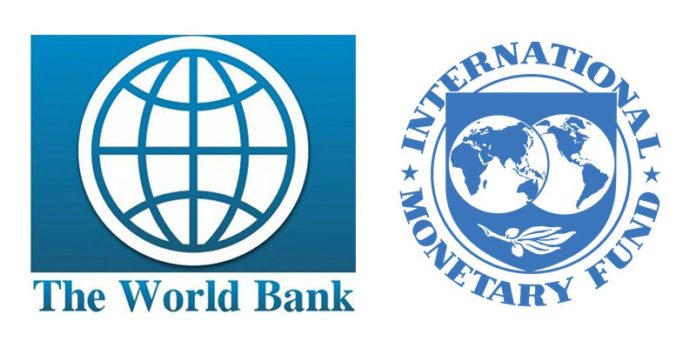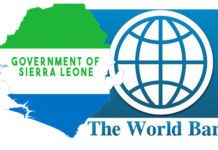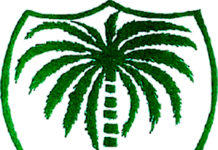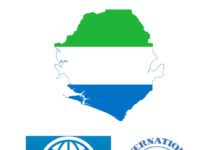
The World Bank/IMF: Is President Bio Grossly Incompetent or Complicit in Serving Western Interests?
By Mahmud Tim Kargbo
Sierra Leone has long been known as an impoverished country with a sizable debt that its corrupt leadership and poor governance have imposed. While many politicians and individuals in positions of social trust have primarily attributed this to neo-colonialism, they have overlooked their responsibility for these shortcomings. However, a critical failure has been the West’s disregard for its role in perpetuating the poverty that has become a mere slogan on television screens. The IMF and the World Bank, through their promotion of neoliberal policies under the Washington Consensus, have not achieved the anticipated outcomes. Instead, these institutions have been instrumental in the systemic weakening of Sierra Leone’s and other African economies.
The Adverse Effects of Structural Adjustment Programmes on Sierra Leone’s Agriculture
The Structural Adjustment Programs (SAPs) implemented by the IMF and World Bank have had detrimental effects on Sierra Leone, exacerbating the highly publicised poverty issue. These programmes, intended to foster growth and prosperity, have instead led to a cycle of stagnation and decline, characterised by low investment, increased unemployment, diminished social spending, and reduced consumption and output. The push for market deregulation and reduced government intervention, a hallmark of the Washington Consensus, has not translated well into practice. Particularly in agriculture, the encouragement to eliminate subsidies and reduce research funding has led to negative outcomes. Even The Economist, typically a proponent of the private sector, has acknowledged the emergence of rent-seeking monopolies.
The 2008 World Development Report by the World Bank conceded that structural adjustments dismantled the support systems that provided farmers with essential resources and support. The expectation that the private sector would fill the void left by the state has not materialized fully, leaving smallholders vulnerable to market failures and high transaction costs. This scenario has resulted in African industries becoming less competitive as Western countries continue to subsidise their products, selling them at lower prices than those produced in Africa. John Block, the then-U.S. Agriculture Secretary, predicted Western dominance in African markets in 1986 and pushed for developing nations to rely on American agricultural products.
The IMF and World Bank’s Disregard for African Sovereignty
The IMF and World Bank have influenced policy reforms globally, with a notably different approach in Sierra Leone and other African nations. Unlike in Latin America and Asia, where state removal from the economy was managed more broadly, in Africa, the institutions have delved into minute details of policy implementation. A striking example is Malawi in 2002, where the IMF’s directives led to the sale of the country’s grain reserves just before a devastating drought, causing widespread suffering. Such micro-management demonstrates a disrespect for the autonomy of African governments, which are elected by their citizens and not appointed by these financial institutions.
This involvement has resulted in increased debt across many African countries, perpetuating the status quo of global inequality. These institutions seem to maintain a cycle of poverty rather than provide a path to prosperity. The question arises: Are leaders like President Bio and others in Africa unable to address their countries’ challenges, or are they complicit in a scheme to serve Western interests at the expense of their economies?
The Highly Indebted Poor Countries Initiative offers a glimmer of hope, but as it stands, the IMF and World Bank appear to be unreliable partners in the economic development of Sierra Leone and Africa. The debate continues about whether the issue lies with the incompetence of African leaders to manage their complexities or their involvement in a broader strategy favouring Western interests.




